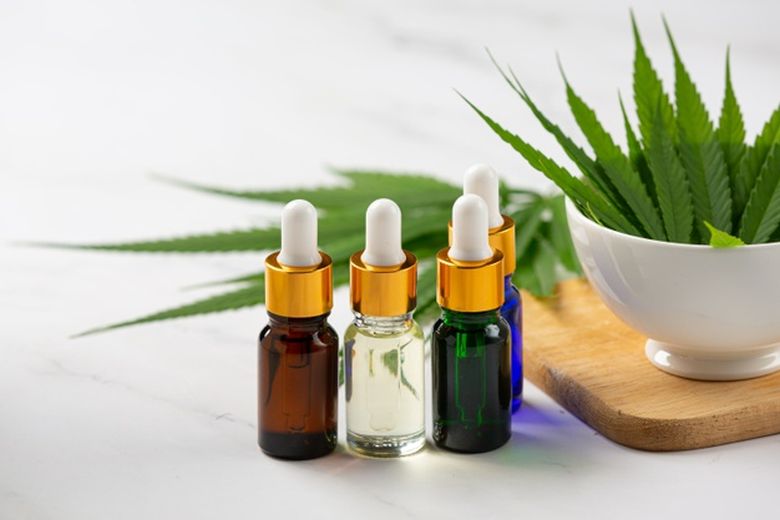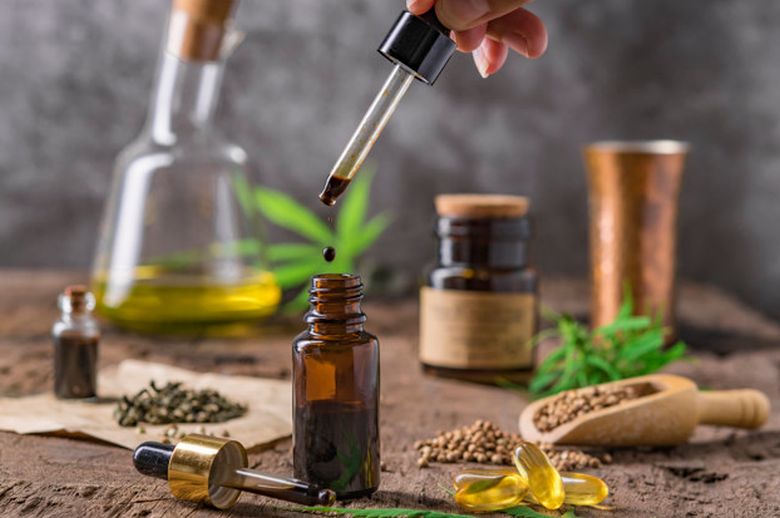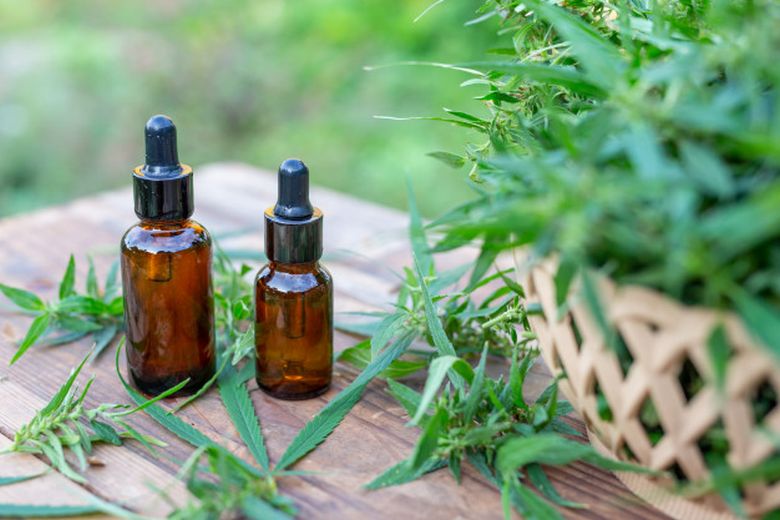CBD oil has been rising in popularity over the last few years. Everyone seems to be catching on to how effective and beneficial CBD is for your health, and that’s a good thing. However, considering that we get the oil from the same plant that gives us THC-rich products, it is not always entirely clear whether it is legal to buy and use the oil.
On that note, we thought you might need some help understating whether it was legal or not where you live. So, without further ado, let’s check out some laws and regulations regarding CBD oil use in 2024.
Is CBD Oil Legal In The USA?

Back in 2018, Congress passed what is now known as the “2018 Farm Bill”. With this document, the government made a distinction between two cannabis plants – hemp and marijuana. With this legislation, hemp was made legal. This has ended a decades-long ban on hemp, and farmers could now get back to growing and distributing hemp and hemp-derived products once again.
The main difference between these two plants is that hemp has less than 0.3% THC, while marijuana has more than that. And if you were to derive CBD oil from a hemp plant – it would be legal. So, under federal law, every CBD product at CBD.market with less than 0.3% of THC is deemed legal.
Now, this is where it gets a little bit confusing. You see, at the federal level, all hemp-derived products are legal to produce, distribute and use, including the oil. However, the states also have legal rights to pass their own laws and regulations that differ from the federal law, so the fact that CBD oil is permitted under the federal law doesn’t mean all that much.
Every state can pass a law determining whether a product is legal or not. Furthermore, the legality is also influenced by the intended use and the way it was made. All of this sounds a little bit confusing, and it seems pretty hard to keep up with, but we’ll try to make it as simple as we can.
How Does Intended Use Affect The Legality Of CBD Oil?

Considering how CBD has a wide range of benefits, people use it for different purposes all the time. Some use it to fight their anxiety or as a medical aid during some cancer treatments etc. That would be classified as medical use of this product, and this one is pretty much legal throughout the whole country, although in some states, you need a prescription to get it.
The only state that still does not recognize CBD oil as medical aid, or even a legal product, is South Dakota. The bill regarding legalizing hemp and its derivatives was passed in 2024, but it didn’t mention anything regarding CBD oil.
Recreational use is another thing. Some of the US states have even made marijuana legal for recreational use, but not all of them have made CBD oils legal for recreational use. What constitutes recreational use is also a bit hazy, and according to intrinsichemp.com, the best way to find out whether CBD oil is legal in your state is to look it up online.
Does Source Matters When It Comes To Legality Of OCB Oil?

As we’ve said, some states have even legalized marijuana for recreational and medical use, so it’s only fair to ask whether CBD oil derived from a marijuana plant is legal. Well, once again, it depends. Some states, such as California and Colorado, recognize it as a legal product, while some others, like Hawaii, only deem it legal if it is for medical use and you have a prescription for it.
As far as marijuana-sourced CBD oil, meaning CBD oil with more than 0.3% THC, is concerned, it is still deemed an illegal product in most states. Therefore, if that’s what you’re interested in, do your research. On the other hand, hemp-derived oils are primarily legal, but you still need to know whether you need a prescription or a medical card to get it.
More often than not, you’ll be able to buy the oil without the prescription, but make sure to check before you try to, just in case.
Laws And Regulations In Major US States

Here are some quick guidelines in some of the major US states regarding the legality of CBD oil and other hemp derivatives.
• Arizona – CBD oil and all other hemp-derived products with less than 0.3% THC are legal. Marijuana-sourced CBD oil is allowed only for licenced patients whose state can benefit from THC.
• California – California, alongside Colorado, is one of the states with the loosest laws regarding cannabis products. Every form of CBD derivate is legal in California for both recreational and medical use.
• Colorado – Colorado was the pioneer in legalizing CBD. All forms of CBD derivates, including oil, are legal for both medical and recreational use in Colorado.
• Florida – CBD oils with less than 0.3% of THC are legal in Florida for both medical and recreational use.
• Hawaii – All hemp-derived products, including CBD oil, are legal in Hawaii. Also, medical patients with prescriptions can also use CBD oil with higher THC content.
• Illinois – CBD oils with less than 0.3% of THC are legal in Illinois for both medical and recreational use.
• Iowa – The legal status of CBD is quite foggy in Iowa. The state finds every compound of the cannabis plant illegal; therefore, CBD oil should also be illegal. However, Iowa residents can use CBD oil for medical purposes.
• Michigan – CBD oils with less than 0.3% of THC are legal in Michigan for both medical and recreational use.
• New Jersey – Both hemp-sourced and marijuana-sourced CBD oil is legal in New Jersey, although the latter is only legal for medical purposes.
• New York – All hemp and marijuana-derived products are legal in the state of New York.
• Texas – CBD oils with less than 0.3% of THC are legal in Michigan for both medical and recreational use.
• Washington – CBD oils with less than 0.3% of THC are legal in Michigan for both medical and recreational use.
Conclusion:
There you have it. As you can see, the laws regarding CBD oil across the United States are pretty much all similar, with a few exceptions. It is expected for CBD oil to be legal in every state by the end of 2024, but we’ll have to wait and see.

